We’ve just seen the biggest merger deal in gold mining history
Gold miner Barrick’s buyout of Randgold Resources is good for both companies and the wider mining sector, says Dominic Frisby. But Randgold’s shareholders deserve more out of the deal.

Get the latest financial news, insights and expert analysis from our award-winning MoneyWeek team, to help you understand what really matters when it comes to your finances.
You are now subscribed
Your newsletter sign-up was successful
Want to add more newsletters?

Twice daily
MoneyWeek
Get the latest financial news, insights and expert analysis from our award-winning MoneyWeek team, to help you understand what really matters when it comes to your finances.

Four times a week
Look After My Bills
Sign up to our free money-saving newsletter, filled with the latest news and expert advice to help you find the best tips and deals for managing your bills. Start saving today!

It was announced yesterday that London's largest listed gold miner, Randgold Resources (LSE: RRS) is to merge with what was once the world's largest gold mining company, Barrick (NYSE: ABX).
Barrick has a market cap of roughly $12bn and Randgold roughly $6bn, so this is an $18bn merger, making it the biggest in gold mining history.
It's some deal.
MoneyWeek
Subscribe to MoneyWeek today and get your first six magazine issues absolutely FREE

Sign up to Money Morning
Don't miss the latest investment and personal finances news, market analysis, plus money-saving tips with our free twice-daily newsletter
Don't miss the latest investment and personal finances news, market analysis, plus money-saving tips with our free twice-daily newsletter
This deal is good news for the sector but Randgold shareholders deserve better
The merger is still subject to approval by shareholders of both companies. It also needs regulatory approval and all the usual conditions of closing to be met, so it's not yet a done deal, but it's still pretty exciting for gold mining, a sector which badly needs some excitement. Hat tip to blogger Otto Rock in Peru, of all places, for being the first to the story.
Even though Barrick is effectively acquiring Randgold, it is not paying any premium to do so. I understand it has taken the 20-day weighted moving average to value each company and then, on the basis of that valuation, Randgold's shareholders will amount to roughly one third of the new company and Barrick's two thirds.
Randgold's outspoken chief executive, Mark Bristow, will become president and CEO of the new company. Barrick's executive chairman, John L Thornton, will remain in that role. The new company will be called Barrick and if the listing goes ahead as planned early next year, the London listing will be cancelled and shares will be traded in New York and Toronto.
I have to say, at first glance, this looks like a much better deal for Barrick than Randgold. If I were a Randgold shareholder (which I'm not), I'd almost certainly be voting against it. However, the market reacted positively to the news. Barrick rose 7% and Randgold 6% yesterday, while the gold price largely remained flat.
I'm not opposed to the idea of Randgold and Barrick merging. It's probably good for those two companies, as I'll explain, and it's good for gold mining generally to have a deal of this magnitude going ahead. It will inject some much-needed energy into the sector.
I can't help thinking, though, that Randgold's shareholders should get some kind of premium. I would have thought, for example, that as a single entity, Randgold alone has a much better chance of doubling than it does as one third of this new company.
Randgold has been one of the great FTSE success stories, if not its greatest, of the 21st century. Since 1999, it has delivered something like a 4,000% return. It rode the great gold bull market, but continued to appreciate even after that was over.
What was a 150p stock in 1999 came close to 10,000p in 2016. It never reported a quarterly loss and took a write down. In a businesses beholden to the gold price, over which it has no control, that is a remarkable feat that few, if any can match.
That said, Randgold's success has faded a little of late. 2018 has been a miserable year the share price began at 7,300p and slid below 5,000p last week, registering declines of around 35% worse than the industry average.
Barrick, on the other hand, has been one of the perennial basket cases of the gold mining industry. It pursued a disastrous hedging policy the great gold bull market of the 2000s which capped its share price.
Gold itself rose from $250 per ounce to $1,920. If the underlying metal goes up eightfold, the expectation is for a miner to appreciate by a lot more, perhaps by double that. Investors buy mining companies for the leverage they bring to the metal price.
Yet not only did Barrick fail to do that, it actually underperformed the metal. While gold went up eight times, Barrick went up just five.
Even after this bear market, gold sits at $1,200, a little less than five times higher than it was in 2000. Last week, before the merger was announced, Barrick sat at $9.50. That is actually lower than it was in 2000.
During this time, as well as making several disastrous acquisitions and investments not least the notorious Pasqua-Lama project in the Andes, of which the Chilean authorities ordered the permanent closure Barrick also lost its status to Newmont as the world's largest gold producer.
Why would any right-minded investor want exposure to that?
This deal should be good for both companies
Admittedly, under John Thornton, Barrick has gone some way to improving its operations. It has sold assets, paid down roughly 50% of its debt, its earnings have improved and its credit has been upgraded. But investors still haven't exactly been queuing up to buy it and its share price is down roughly 35% this year.
Indeed, Randgold's boss, Mark Bristow, frequently made mockery of Barrick's incompetence. "The industry blows its brains out every time," he said in 2014. "The reason we're still in the industry is because the competition isn't that sharp."
Last year, Barrick's African spin-off, Acacia Mining was hit by the Tanzanian government with a $190m tax bill and was forced to cut production. Said Bristow, "One of the world's biggest gold-mining companies invested in that country with a promise, when gold was under $300, and it hasn't delivered in any value."
Yet merging the two companies makes sense. Costs can be slashed and greater efficiencies achieved. Bristow's approach to Barrick's enormous asset base, it is hoped, will reap some reward. (And I bet the ambitious Bristow is salivating at the prospect).
Randgold's reserves are dwindling. Barrick has a higher exploration budget and greater revenue.
Barrick's asset base is, on the whole, in safer jurisdictions especially the US, but also Oceania and South America. Potential resource nationalisation in countries such as Mali and the Democratic Republic of Congo, where Randgold has significant mines, is a lurking threat.
So I get the merger. It makes sense. But if I were a Randgold shareholder, given the track record of the two, I would expect Barrick to be paying a premium. As Bristow himself once said, "If you mix shit and ice cream, you do not end up with ice cream". Randgold has over $800m in cash and Barrick still has debts in the billions.
But maybe there is something going on behind the scenes that I don't know about it. It's mining, so there is bound to be.
For the sector as a whole, this has to be positive, if only because it ignites some interest in a sector that is on the floor. The Denver Gold Show is taking place at the moment and I understand mining execs are excited about the news.
The fact that this is a nil-premium deal is in itself contrarian bullish. Big deals like this often mark turning points. Let's hope for all those invested in the sector, this is one of those.
Get the latest financial news, insights and expert analysis from our award-winning MoneyWeek team, to help you understand what really matters when it comes to your finances.

-
 Average UK house price reaches £300,000 for first time, Halifax says
Average UK house price reaches £300,000 for first time, Halifax saysWhile the average house price has topped £300k, regional disparities still remain, Halifax finds.
-
 Barings Emerging Europe trust bounces back from Russia woes
Barings Emerging Europe trust bounces back from Russia woesBarings Emerging Europe trust has added the Middle East and Africa to its mandate, delivering a strong recovery, says Max King
-
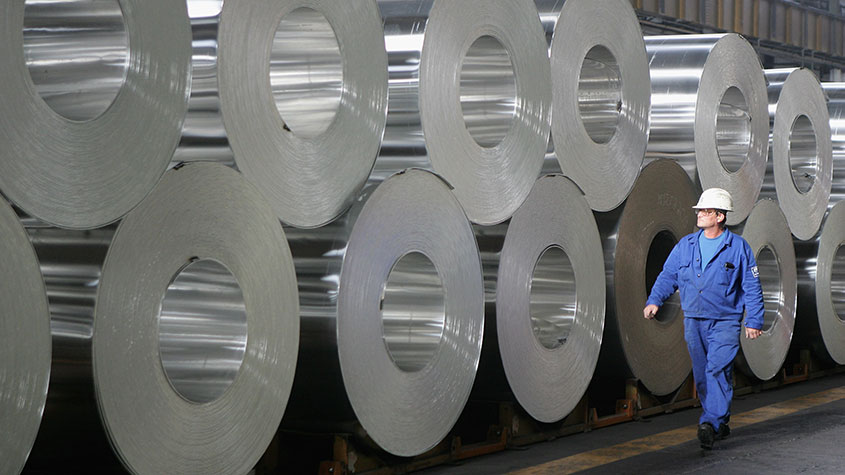 These 2 stocks are set to soar
These 2 stocks are set to soarTips The returns from these two aluminium and tin stocks could be spectacular when the commodity cycle turns says David J Stevenson.
-
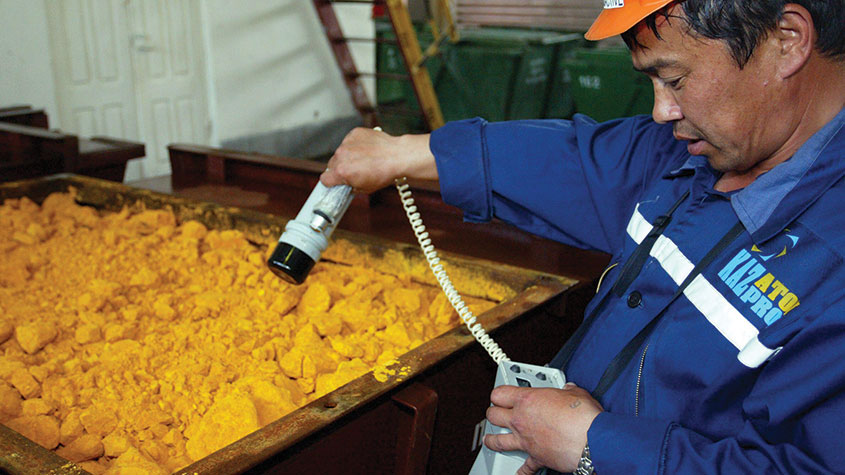 The best ways to buy strategic metals
The best ways to buy strategic metalsTips Weaker prices for strategic metals in the alternative-energy sector are an investment opportunity, says David Stevenson. Here, he picks some of the best ways to buy in.
-
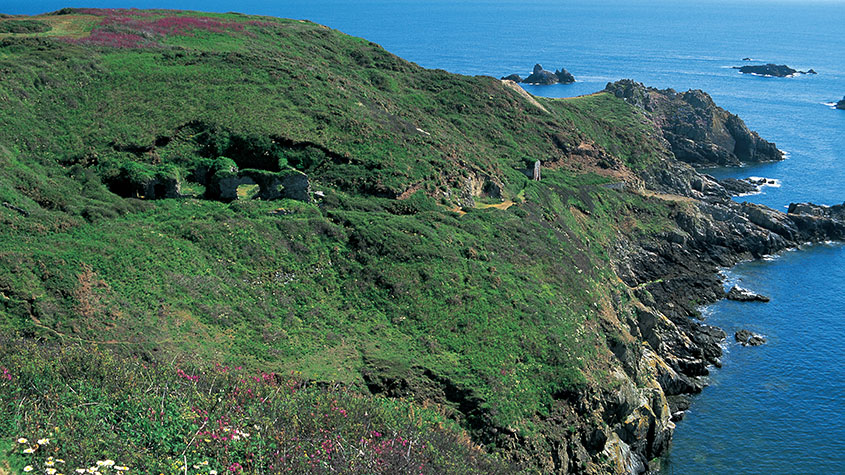 A lesson for investors from a ill-fated silver mine
A lesson for investors from a ill-fated silver mineAnalysis Mining methods may have changed since the industry’s early days, but the business hasn’t – digging ore from the ground and selling it at a profit. The trouble is, says Dominic Frisby, the scams haven't changed either.
-
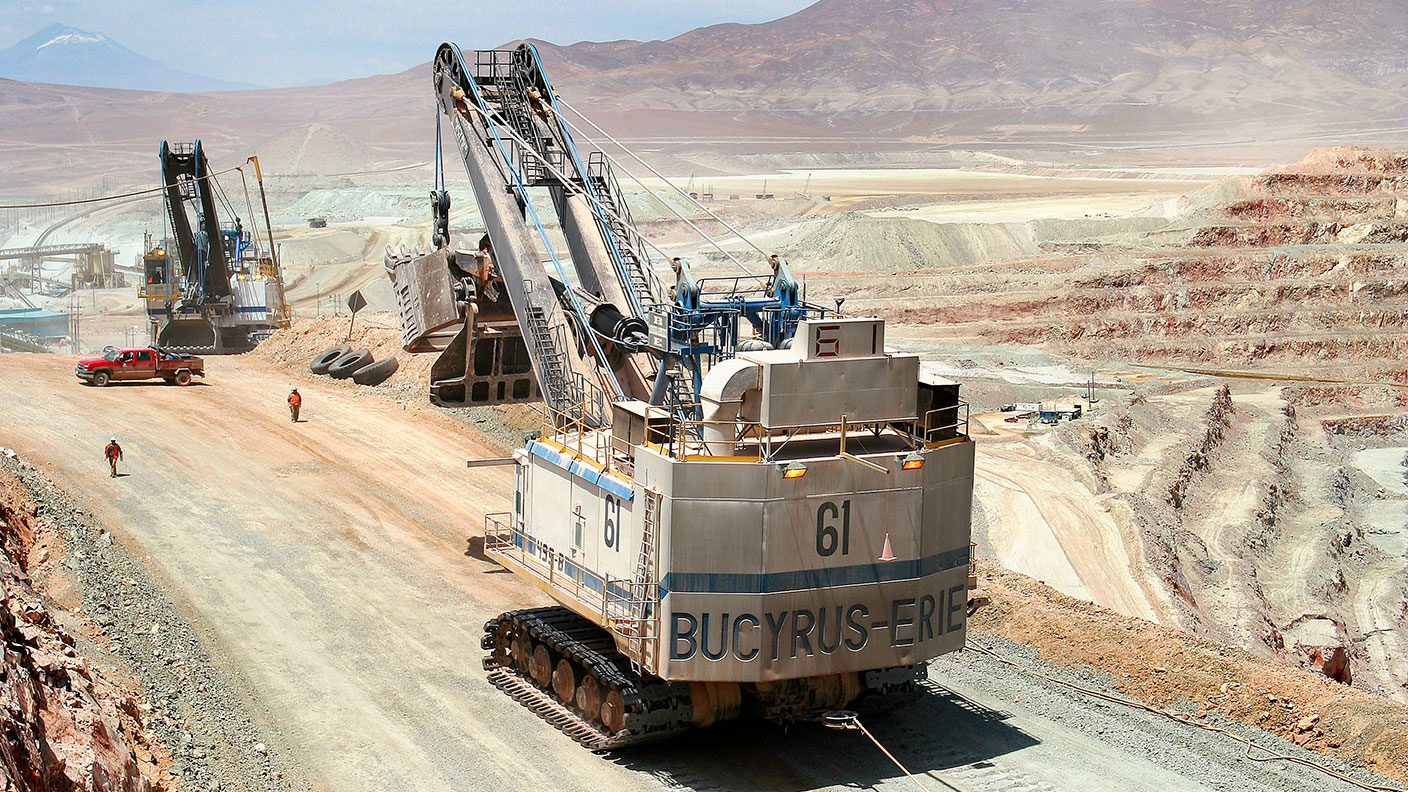 The natural resources industry is in a tight spot – which is bad news for the rest of us
The natural resources industry is in a tight spot – which is bad news for the rest of usOpinion The natural resources industry is in a bind. We need it to produce more energy and metals, but it has been starved of investment, plagued by supply chain issues, and hobbled by red tape. That’s bad news for everyone, says Dominic Frisby.
-
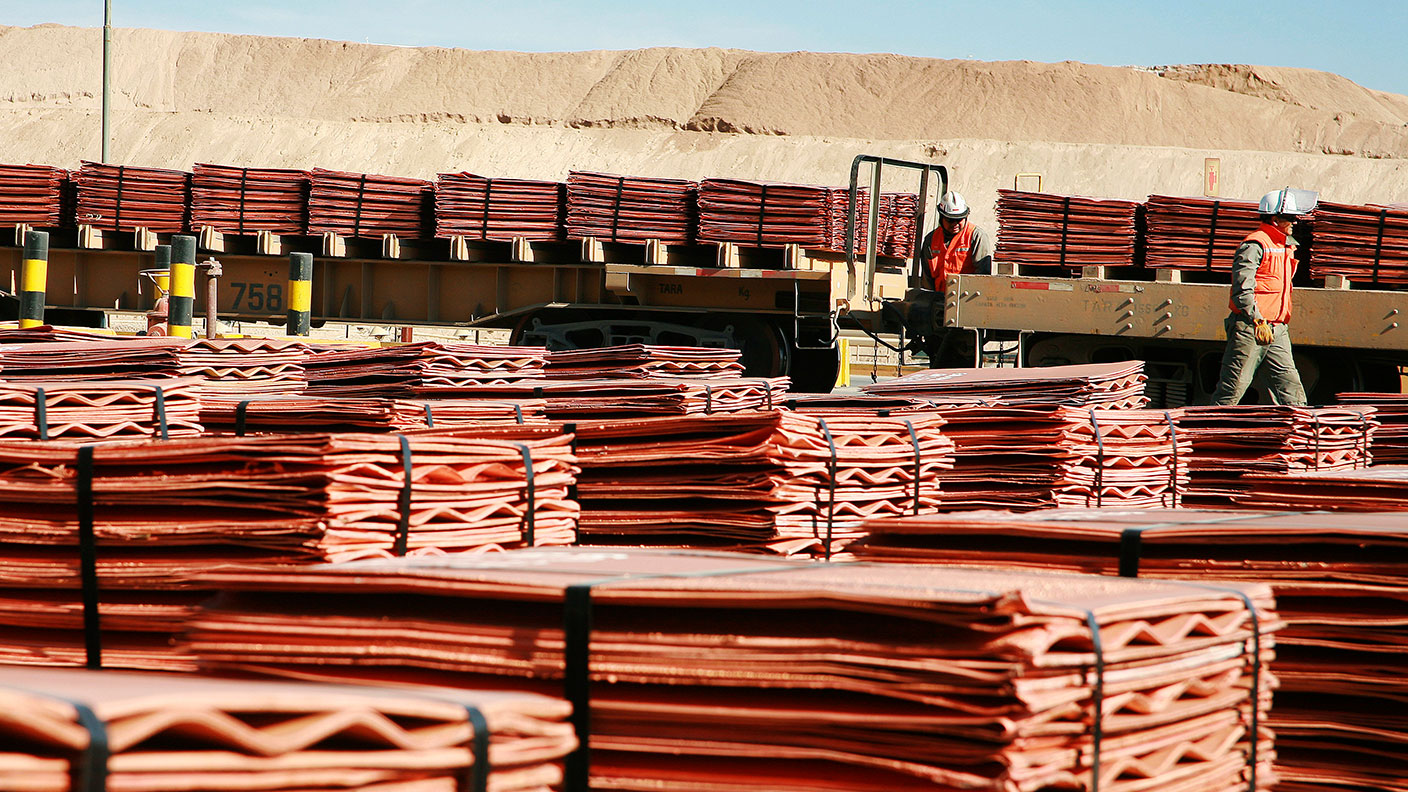 How to invest in the copper boom
How to invest in the copper boomTips The price of copper has slipped recently. But that’s temporary – the long-term outlook is very bullish, says Dominic Frisby. Here, he explains the best ways to invest in copper.
-
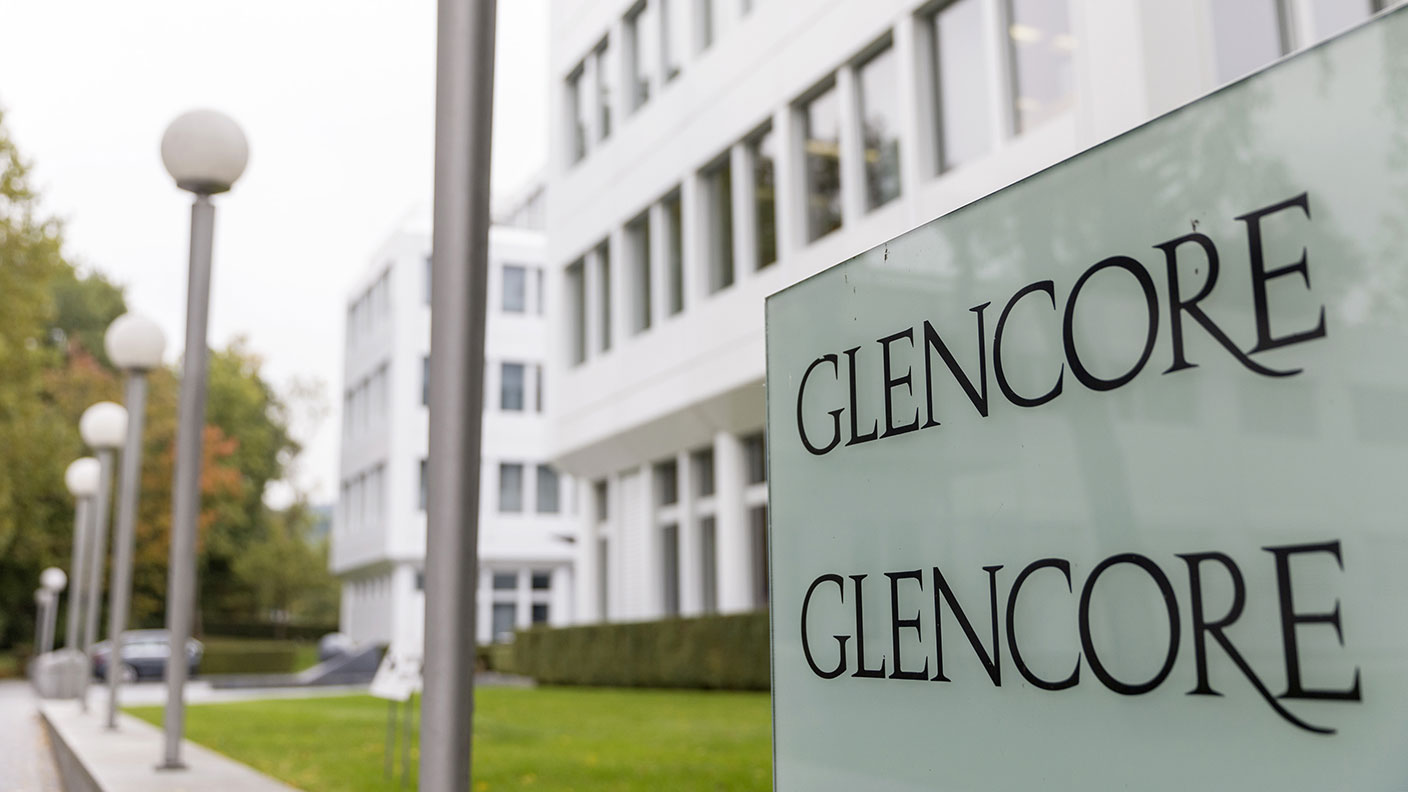 Why investors should consider adding Glencore to their portfolios
Why investors should consider adding Glencore to their portfoliosTips Commodities giant Glencore is well placed to capitalise on rising commodity prices and supply chain disruption, says Rupert Hargreaves. Here’s why you should consider buying Glencore shares.
-
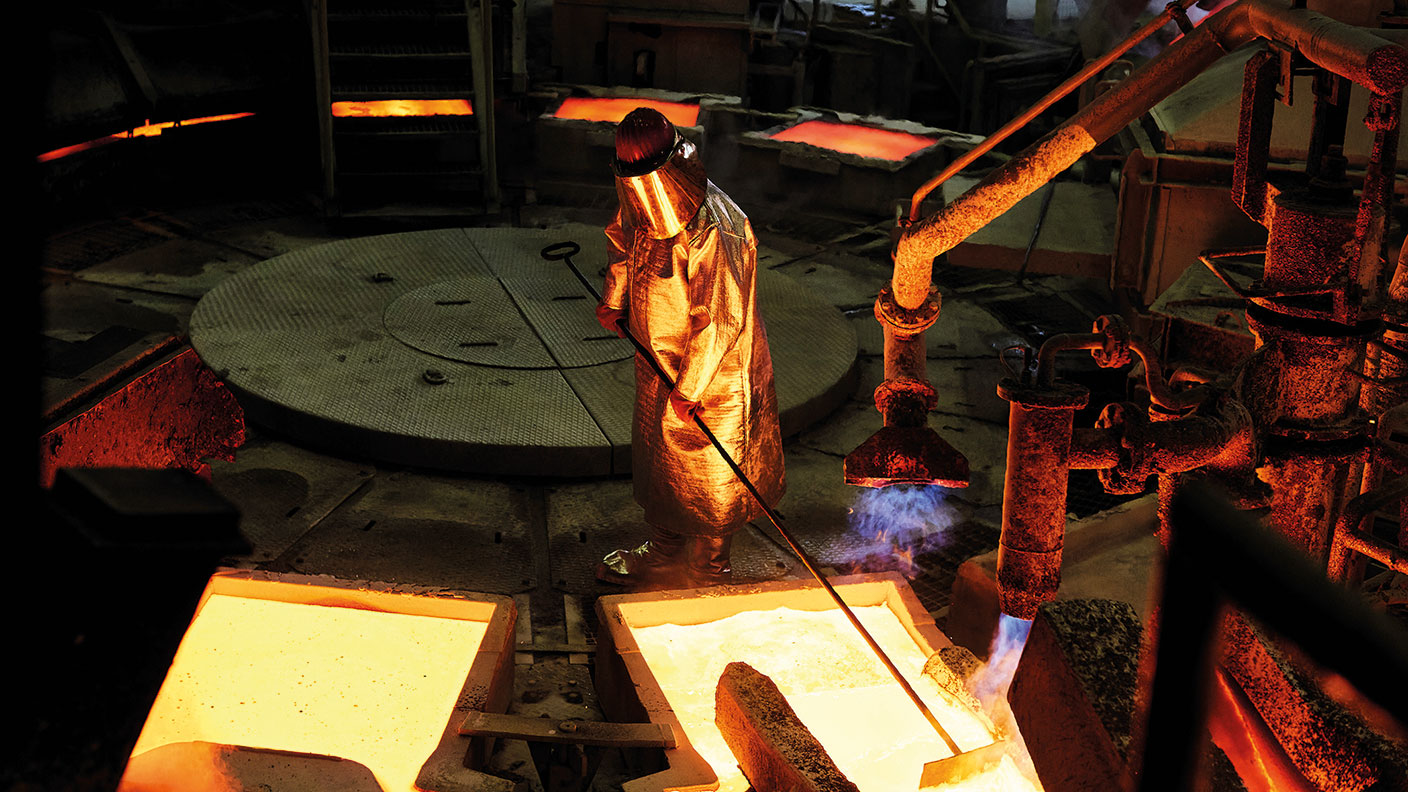 How to invest in the multi-decade boom in industrial metals
How to invest in the multi-decade boom in industrial metalsTips The price of key industrial metals has already begun to rise. The renewable energy transition will take them higher, says David Stevenson. Here's how to profit.
-
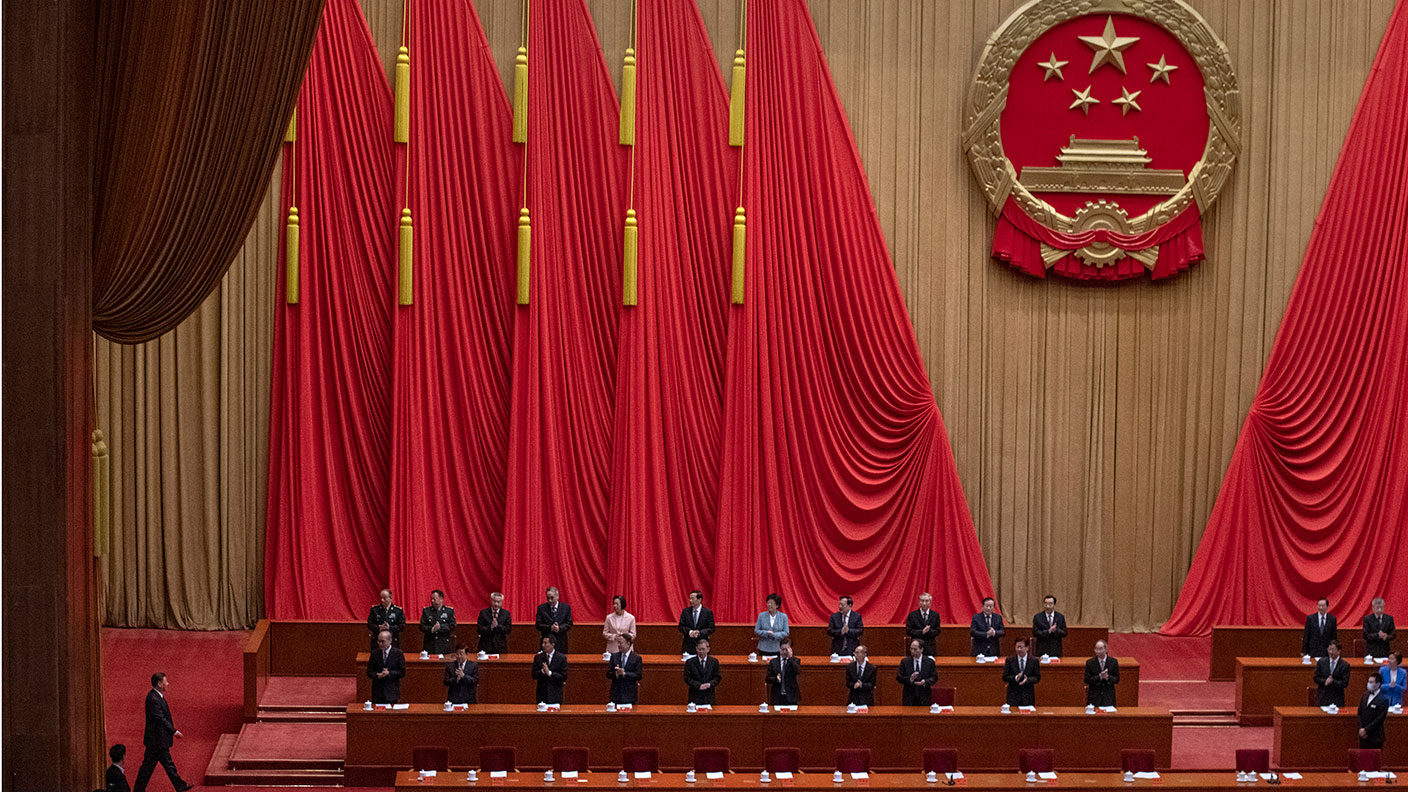 Avoid China’s stockmarket – here’s what to invest in instead
Avoid China’s stockmarket – here’s what to invest in insteadOpinion China’s stockmarket is not a good place for investors to be. But you can't just ignore the world's second-largest economy, says Dominic Frisby. Here, he picks an alternative China play.